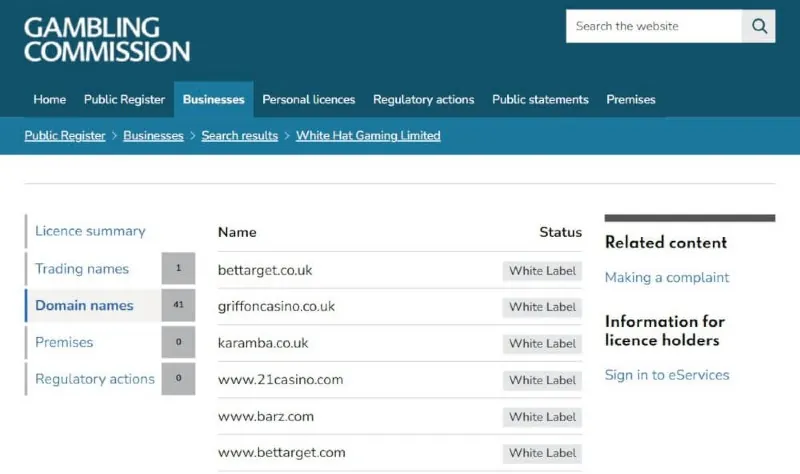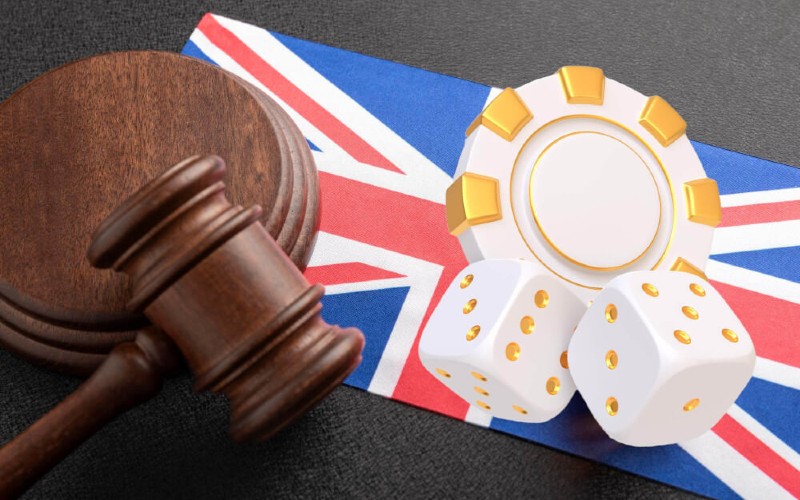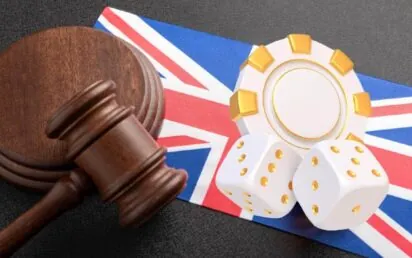The UK’s online casino industry is currently undergoing one of its biggest shakeups since becoming regulated 20 years ago. There are many changes that the UK government is reportedly still considering, with the latest news suggesting that new restrictions could soon be placed on white label casinos.
While nothing has been officially confirmed, the reports state that these networks – where multiple brands operate under a shared licence – could have limitations placed on them or be banned completely. If one of these scenarios was enforced, it would have major consequences for the industry moving forward. But what’s behind this potential crackdown on white label casinos and who would it affect the most? Let’s take a closer look at the situation and its possible impact.
What are White Label Casinos?
In the UK, it’s a legal requirement for any gambling site to operate under a licence from the Gambling Commission (UKGC). Instead of applying for their own licence, a white label casino operates under a shared licence that’s held by a platform provider. This setup allows multiple casino brands to run under the same licence without each needing separate regulatory approval. There are currently no restrictions on the number of sites that can be managed under one licence, with some platform providers handling hundreds of sites at the same time.
For owners, launching a casino using a white label solution is the quickest and easiest way to get started. It gives them access to a fully functional platform, including games, payment systems, and customer support. The platform provider is responsible for day-to-day operations and ensures compliance with the UK’s regulations.
However, this is not the only type of site available. There are also many independent casinos in the UK that hold their own UKGC licence and run on a dedicated platform. They are typically owned by a single company, with one or a small number of casino brands listed under the licence. Unlike white labels, these independent operators would not be affected by any potential changes that are being suggested.
Why is the UK Considering a Ban?

The possibility of white label casinos being outlawed recently made headlines after the UK’s gambling minister spoke at a conference. The discussion started due to an advertising dispute involving a white label operator and Leicester City Football Club, according to CasinoBeats. This led to comments about these agreements in general, particularly around how they operate and whether owners should be required to hold their own licence.
Yet, this isn’t the first time that the future of white label casinos has been questioned in the UK. There have been previous discussions about limiting or banning them due to concerns over accountability. Because the site is run and operated by a platform provider rather than an individual owner, it can sometimes be unclear who is responsible for certain issues – such as compliance failures. Therefore, removing them would give the UK Gambling Commission greater clarity, ensuring that every owner is fully accountable for the operations.
Potential Impact on the UK Online Casino Industry
If the UK government introduces these restrictions then the repercussions would be significant. White label providers would be the hardest hit of course, as their ability to operate multiple brands for different owners could be severely limited or stopped altogether. However, the impacts wouldn’t end there with other major stakeholders feeling a ripple effect. Let’s take a look at who would be most affected.
Owners & Operators
If the UK decided to cap the number of white label casinos that could operate under one licence, this would massively restrict the business model of platform providers. These companies make their money by managing multiple casino brands at the same time, so any limitations on how many they can operate would drastically reduce their revenue. As a result, many platform providers would likely withdraw from the UK altogether, shifting their focus to other regulated markets.
A full ban would have an even greater impact as it would wipe out white label casinos entirely. Given that a large percentage of UK casinos operate on these networks, it would affect a huge number of gaming sites. The owners would have no choice but to apply for their own independent UK licence if they wanted to continue operating.
However, getting a licence from the UKGC is a long and expensive process, with strict regulatory compliance following thereafter. It’s one of the main reasons why owners turn to white labels in the first place. Therefore, the majority of owners would probably think it’s not worth it and shut the sites down for good.
Players
All types of players would also feel the impact. One of the biggest changes would be for those looking for a new site to play at. The total number of available online casinos would likely take a significant drop, regardless of whether the new rule was a limitation or a ban. Also, most new casino sites that currently launch in the UK do so using white labels, so this avenue would also dry up. It would make it much more difficult for players to find a new site to join.
If a full ban were introduced, any existing players at a white label casino would need to withdraw any remaining funds from their accounts before operations ceased. Given the large number of these networked sites in the UK, this would likely affect a huge portion of the player base.
Game providers
White label casinos rely on partnerships with game providers to power their gaming libraries, offering the ever-popular online slots, table games, live dealer experiences, and more. To ensure a wide mix of entertainment, most platforms work with a range of game providers, from big names to smaller studios.
If the UK introduces restrictions or a full ban, many of these existing partnerships would be affected. For game providers, this would mean a major loss of exposure in the UK market as their games would no longer be available to a wide audience via multiple brands. The UK market could be seen as less attractive for some game providers, especially smaller creators, and lead to an exodus which would reduce choice and quality.
If a full ban happens, any existing contracts between game providers and white label operators would be void. They would then need to negotiate new agreements with any new owner who decided to obtain their own UK licence.
Conclusion
Of course, for now, nothing has been confirmed which means white label casinos can continue to operate. Existing agreements remain in place, and new casinos can launch under the current system. However, due to the gambling minister’s recent comments, uncertainty looms.
All eyes are firmly on the UK government. As the current cabinet is expected to remain in power for several years, there’s plenty of time for new regulations to be introduced. White label operators and owners will be watching closely for any updates from the government or the UK Gambling Commission, as they have the power to radically impact their future along with the entire industry.


